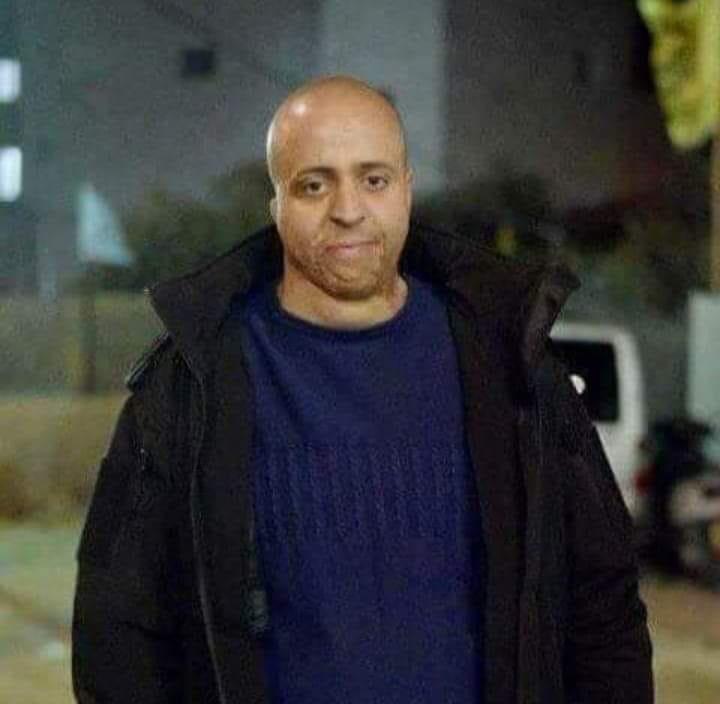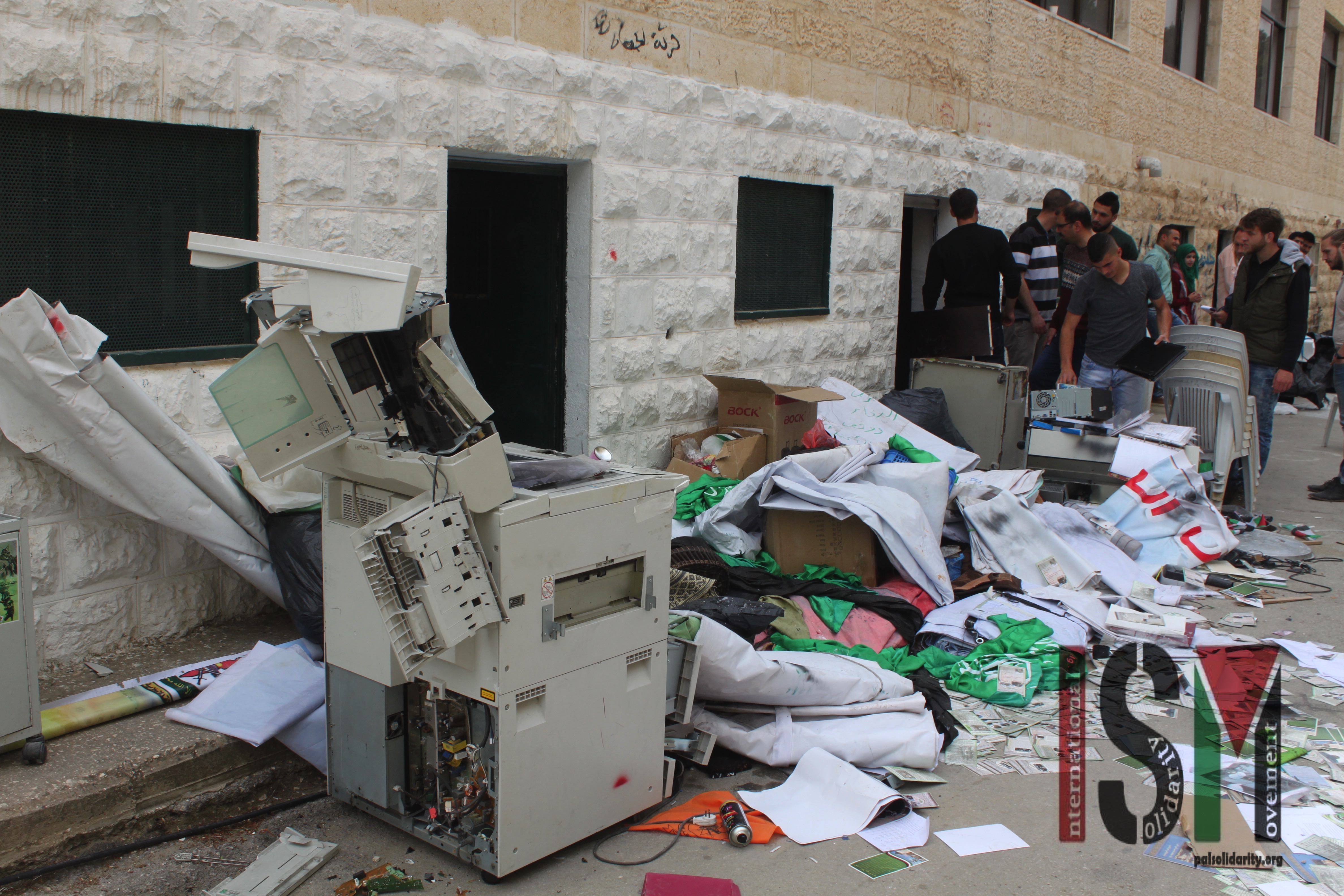Tag: Abu Dis
-
Huzaifa Bader: Fighting for justice; fighting for his life
July 25 2019 | International Solidarity Movement | Abu Dis, Occupied Palestine On the morning of the 25th of July Huzaifa Bader, 27, was rushed to Ramleh Prison Hospital in the occupied West Bank after he had been on hunger strike for 25 days. With his health deteriorating and with no sign of progress in…
-
University rooms destroyed in early morning raid by Israeli forces
5th of March 2016 | International Solidarity Movement, Ramallah team | East Jerusalem, occupied Palestine In the early hours of Tuesday, 5th April, around 3am, an armed group of Israeli soldiers stormed the campus of Al Quds university in the area of Abu Dis, part of East Jerusalem. The soldiers terrorised security guards on duty and forcefully…
-
Fayyad calls for end to land expropriation
Ali Waked | Ynet News 8 May 2009 Palestinian prime minister attends Friday prayer in east Jerusalem, promises residents to thwart Netanyahu government’s plan to confiscate property in Abu Dis area. Battle over east Jerusalem lands heating up: Palestinian Prime Minister Salam Fayyad on Friday took part in a prayer held on disputed lands in…


